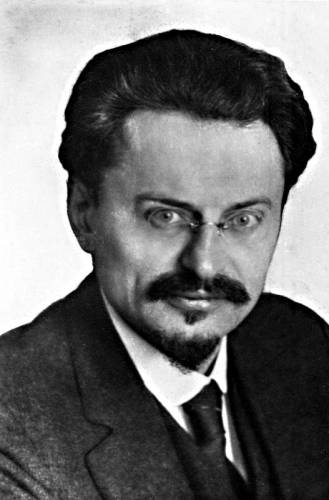
Origins of Trotskyism
"The development of the International Left Opposition is proceeding amidst sharp crises that cast the fainthearted and the short-sighted into pessimism. In reality these crises are completely unavoidable. One has only to read the correspondence of Marx and Engels attentively, or to preoccupy oneself seriously with the history of the development of the Bolshevik Party to realise how complicated, how difficult, how full of contradictions the process of developing revolutionary cadres is."






 Join us!
Join us!